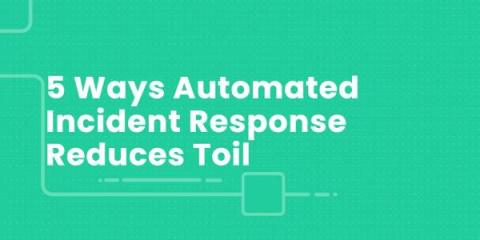Introducing Grafana OnCall OSS, on-call management for the open source community
Last November, we announced the launch of Grafana OnCall, an easy-to-use on-call management tool that helps reduce toil through simpler workflows and interfaces tailored for developers. Born out of Grafana Labs' acquisition of Amixr Inc., Grafana OnCall began as a cloud-only solution that became generally available to all Grafana Cloud users, on both paid and free plans, in February.










